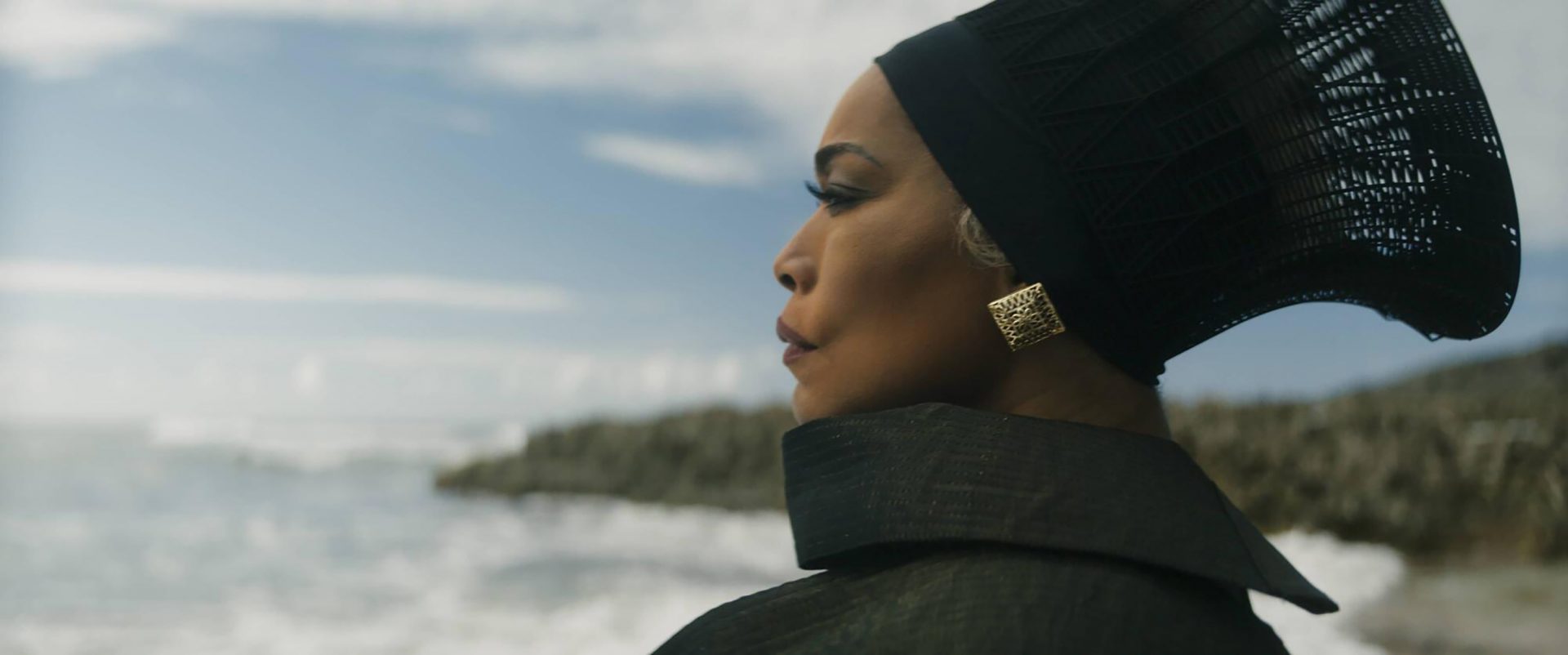The first “Black Panther” burst its way onto the blockbuster scene in 2018 by deviating from the typical Marvel formula to focus on a specific theme: power.
Marvel Studios’ “Black Panther: Wakanda Forever,” which was released in theaters on Nov. 11, does the same thing — but this time, it delves into grief.
The movie follows Shuri, the Crown Princess of Wakanda, first played by Letitia Wright in “Black Panther,” as she struggles to cope with the passing of her brother, King T’Challa (the late Chadwick Boseman, seen here only through archival footage).
In the film, T’Challa dies of an unspecified illness, much like how Boseman battled colon cancer in real life. Director Ryan Coogler, also returning from the first installment, made the wise decision not to recast the role after Boseman’s passing, and instead places the absence of T’Challa, of a Black Panther, front and center.
Coogler and co-writer Joe Robert Cole once again succeed at making a script that challenges the mold of what a superhero movie could be. However, it is the cast who carries “Black Panther: Wakanda Forever,” specifically Wright and Angela Bassett.
As Ramonda, Bassett gives a nuanced portrayal of a character trying to project strength when she and her country are at their most vulnerable. Her relationship with Shuri is at the center of the film, mirroring T’Challa and T’Chaka’s relationship in “Black Panther.”
The supporting cast is also great. Newcomer Dominique Thorne steals the show as Riri Williams, a fast-talking teenage inventor introduced here ahead of her eponymous show, “Ironheart,” arriving on Disney+ next summer.
Initially referred to as just “the scientist,” Williams basically functions as the audience stand-in. Williams isn’t the only source of humor in “Black Panther: Wakanda Forever,” though.
Okoye (Danai Gurira) gets an expanded role here, and regularly complains about Shuri’s increasingly advanced creations. M’Baku (Winston Duke) also ensures that scenes never drag, butting heads with Okoye in between offering Shuri sage advice.
Of course, no superhero movie would be complete without its supervillain. When said antagonist qualifies as an antihero, it’s even better, as is the case with Tenoch Huerta Mejia’s Namor.
The character, who regularly changes allegiances in the comics, proves to be a compelling adversary for Shuri, as he too is motivated by grief. Just as Michael B. Jordan’s Killmonger challenged T’Challa’s ideals in “Black Panther,” Namor does the same for Shuri.
Lupita Nyong’o and Martin Freeman also reprise their roles as Nakia and Everett Ross respectively from the first film, the latter with a new scene partner in Julia Louis-Dreyfus’ sketchy CIA Director Contessa Valentina Allegra “Val” De Fontaine, a role she first played in the Disney+ series “The Falcon and the Winter Soldier.”
“Bless This Mess” star Lake Bell even appears as a military scientist, and in one of the only blunders of the film, does not crack a single joke.
The other major critique I have is that the ending is a bit nebulous. The writers could have explained better that Shuri wished to decline the throne, leaving M’Baku to challenge for it.
In addition to the cast, the film also shines in technical categories. Autumn Durald Arkapaw’s cinematography is just as arresting as that of the first film, blending gorgeous Wakandan sunsets with silhouettes that fade into the next shot.
Ludwig Göransson’s score is once again thrilling when it needs to be, and somber when the scene calls for it. The editing is perfectly executed, such that emotional scenes linger and action scenes fly by.
Overall, “Black Panther: Wakanda Forever” is a rousing story about hope in the face of unspeakable loss, something that the world definitely needs right now.
Tyler D’errico is a junior geomatics major at Fresno State. You can read his movie and television reviews attylerdreviews.weebly.com.




